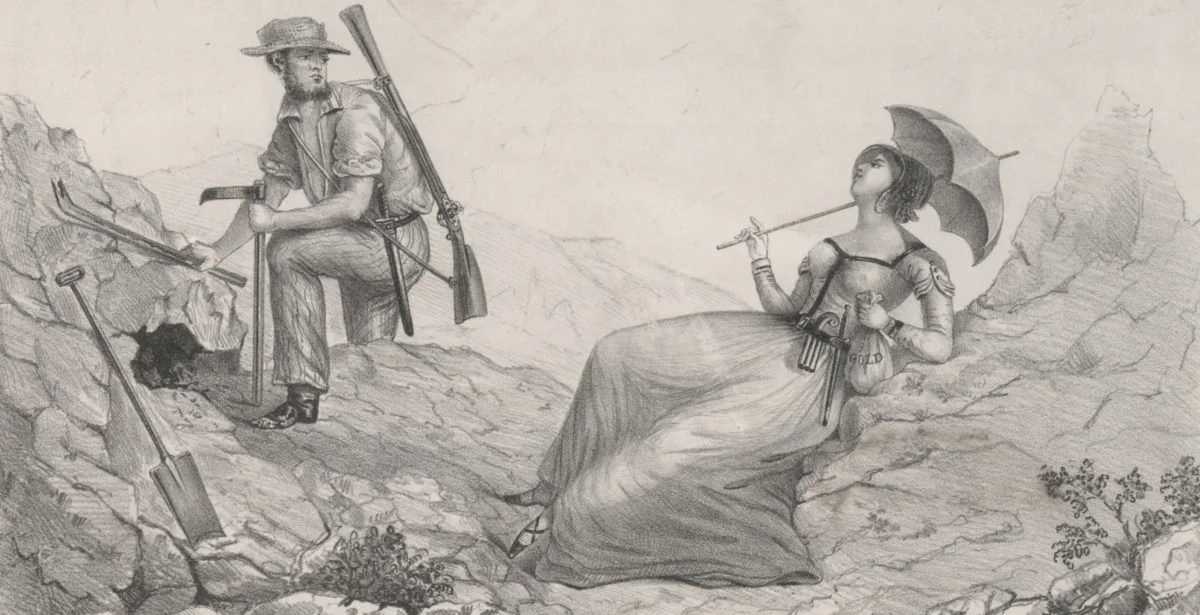Reading Around: Embracing My Research Wanderlust
Sometimes the Good Stuff is in the rabbit holes…
Photo by Valeria Reverdo on Unsplash
How Reading Around Transforms Traditional Research Methodology
When the diaper hits the fan in American culture, one of my first moves in the information cascade is to ask myself, “Has Tressie written about this yet?” Dr. Tressie McMillan Cottom brings intellectual rigor to cultural criticism while keeping it accessible to non-Academics. Her research methodology combines academic depth with cultural relevance. In addition to serving as a professor of sociology at UNC-Chapel Hill, Dr. Cottom is also a Principal Investigator at the Center for Information, Technology, and Public Life. She has written about everything from the Black maternal healthcare crisis and the subtle mechanics of digital racism to Dolly Parton and Ted Lasso.
With everything on her plate, it’s not surprising that Dr. Cottom’s Substack newsletter hasn’t been updated since 2021, but luckily for us, her content is still available there. I clicked on the essay, “Sleep Around Before You Marry an Argument,” because the title is irresistible. What I found was a mini-seminar on non-linear research that named and framed the way my brain works. What I previously dismissed as ADHD chaos, Dr. Cottom has described as “reading around” a topic and calls it “the most important way to prepare for a layered argument.” So, am I chasing my tail or secretly a research savant?
The Gold Rush Analogy: A Case Study in Contextual Intelligence
When I was repositioning the Clew brand last year, I spent a lot of my intellectual exploration digging into the “coaching” phenomenon. The glut of coaches coaching women to become coaches brought to mind that old chestnut, “If you want to make money in a gold rush, sell shovels.” One moment I was cataloging the endless parade of “Million Dollar Mindset,” “Ethical Selling,” and “Feminist Business” coaches; the next thing I know, I’m researching the California Gold Rush of 1849.
I learned about Samuel S. Brannan and compared his approach to fellow outfitter Levi Strauss. Brannan led me to investigate the role the Latter Day Saints Church played in westward expansion. I read that Levi Strauss never married, which caused me to speculate about his sexuality and look for primary sources. I went spelunking for newspaper illustrations depicting women’s role in the California Gold Rush, which gave me this gem, but also … what the hell was I doing?
When I emerged from my rabbit hole, I felt stupid, distracted, and like I had wasted a lot of time that had nothing to do with my original question. But Dr. Cottom’s essay helped me reframe my wanderlust as a valuable form of contextual research methods. She writes:
“Reading around a topic is the most important way to prepare for a layered argument. Reading around means that you get a good enough sense of how other people have thought about your topic. You place yourself in an intellectual tradition. You learn the language people have used to talk about your ideas.”
Benefits of the “Reading Around” Research Technique
This research methodology isn’t just academic meandering—it’s a sophisticated approach to generating insights. By engaging in intellectual exploration around a topic, you:
Develop contextual intelligence about your subject matter
Discover unexpected connections between seemingly unrelated topics
Identify patterns in how different disciplines approach similar problems
Build a richer foundation for your arguments and ideas
Cultivate intellectual curiosity that feeds creative thinking
The census approach—gathering everything specifically written about a subject—gives you facts. Reading around gives you context. It's the difference between knowing what something is and understanding why it matters.
“The truth is that my brain has always worked with way. Where others see a race with a finish line, I see an Easter Egg Hunt.”
Taking the time to revisit the California Gold Rush was a way to explore the archetypal pattern of economic opportunism that follows innovation. In 1849, the Gold Rush market particularly appealed to aspirational self-starters, risk-takers with limited resources, people facing serious economic pressures, those susceptible to the ‘fear of missing out’, and younger people not yet tied down with responsibility. Does that sound familiar? The patterns rhyme across centuries.
Where did my sense that this kind of ripple effect research was wasting time? High School? College? Corporate America? Regardless of the source, this is just one small way that institutions suppress creativity and complexity for the sake of productivity. As Dr. Cottom notes, "Reading deeply should not be an advanced skill set." Yet it's often reserved for graduate school, leaving most of us to rely on more linear, fact-based research methods that may miss the contextual richness we need to form meaningful insights. And, as we’ve recently learned, the “just the facts, ma’am,” approach can become easily manipulated by politicians, propaganda, and the erasure of history. When facts are in dispute, context matters even more.
Photo by Annie Spratt on Unsplash
When I explore the historical dynamics of the Gold Rush, I’m not just aimlessly bounding across Wikipedia pages. I'm developing a deeper understanding of how economic booms work, how entrepreneurial opportunities emerge on the periphery of major cultural shifts, and how we might view the get-rich-quick schemes of today through a more critical lens.
The truth is, my brain has always worked this way. Where others see a race with a finish line, I see an Easter Egg Hunt. I've spent years trying to corral my thoughts into neat, linear pathways, but at heart I won’t be satisfied until I’ve looked in all of the good hiding spots. Thanks to Dr. Cottom’s essay, I can begin to embrace my intellectual wanderlust as a feature, not a bug. It may take me longer to reach the finish line, but you won’t believe the goodies I’ve collected along the way.
Further reading on research methodologies and contextual thinking:
“Essaying,” Dr. Tressie McMillan Cottom’s Substack newsletter on hiatus
“How to Take Smart Notes” by Sönke Ahrens
“Range: Why Generalists Triumph in a Specialized World” by David Epstein



